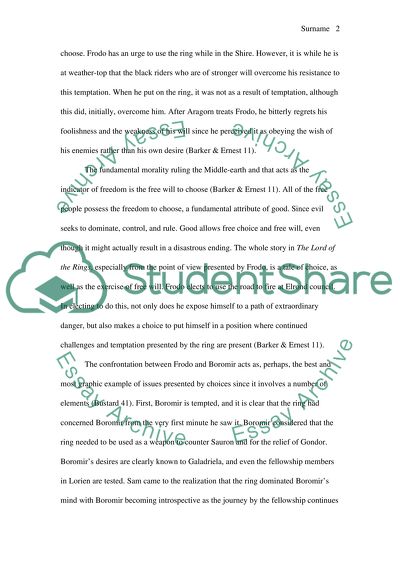Cite this document
(“The Lord Of The Ring Research Paper Example | Topics and Well Written Essays - 1500 words”, n.d.)
The Lord Of The Ring Research Paper Example | Topics and Well Written Essays - 1500 words. Retrieved from https://studentshare.org/literature/1464141-the-lord-of-the-ring
The Lord Of The Ring Research Paper Example | Topics and Well Written Essays - 1500 words. Retrieved from https://studentshare.org/literature/1464141-the-lord-of-the-ring
(The Lord Of The Ring Research Paper Example | Topics and Well Written Essays - 1500 Words)
The Lord Of The Ring Research Paper Example | Topics and Well Written Essays - 1500 Words. https://studentshare.org/literature/1464141-the-lord-of-the-ring.
The Lord Of The Ring Research Paper Example | Topics and Well Written Essays - 1500 Words. https://studentshare.org/literature/1464141-the-lord-of-the-ring.
“The Lord Of The Ring Research Paper Example | Topics and Well Written Essays - 1500 Words”, n.d. https://studentshare.org/literature/1464141-the-lord-of-the-ring.


